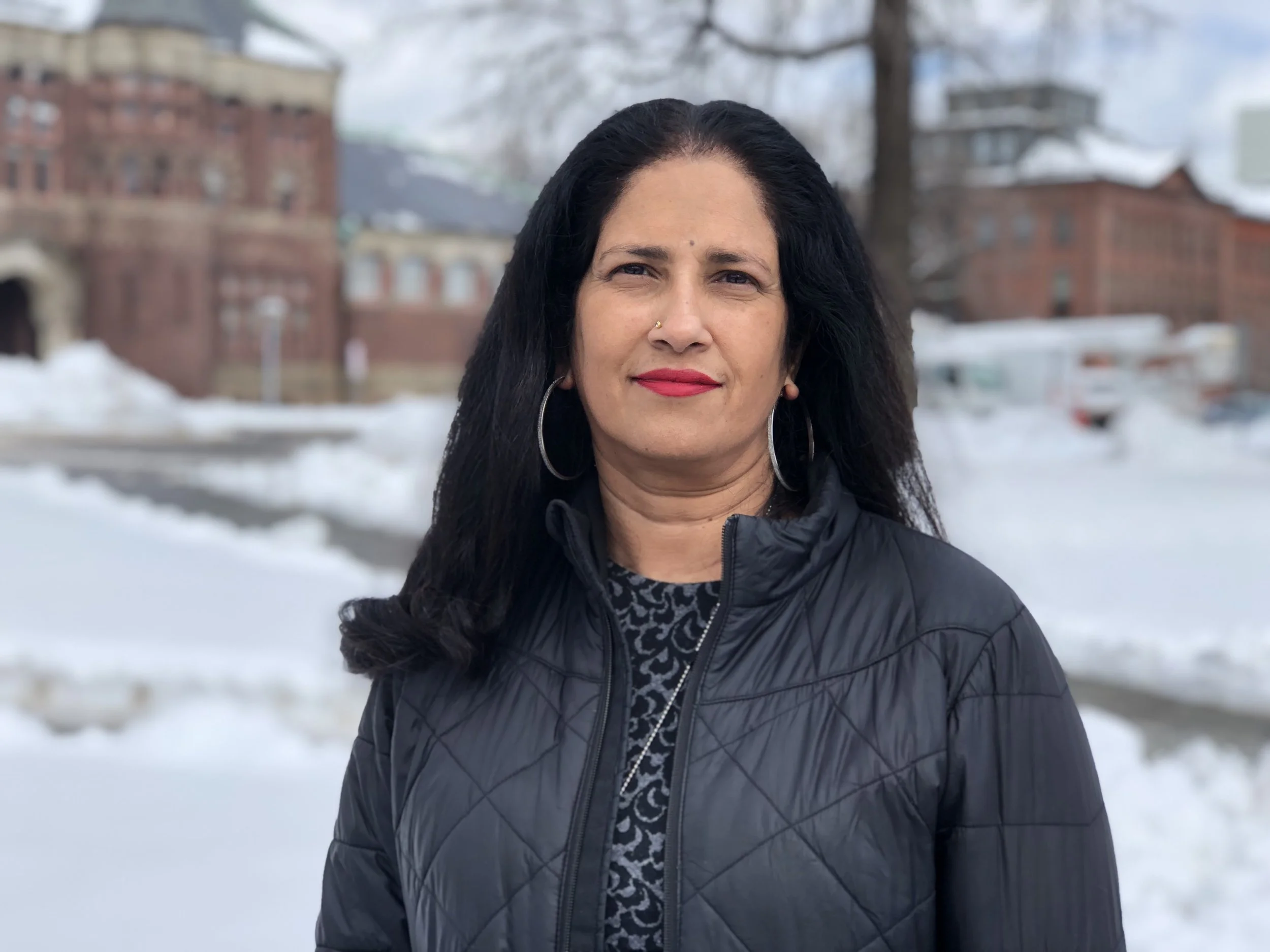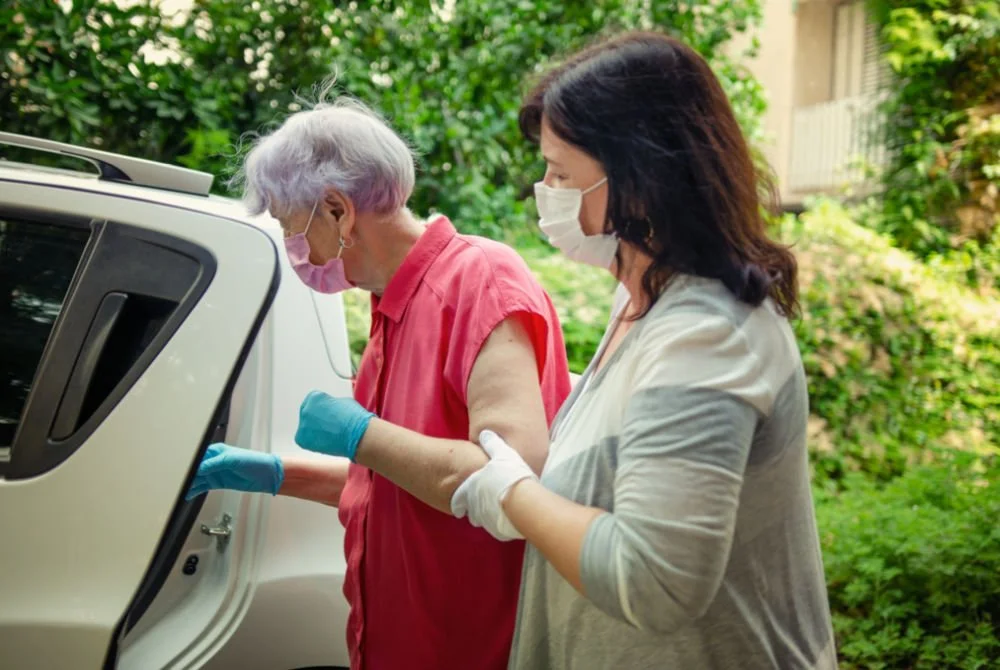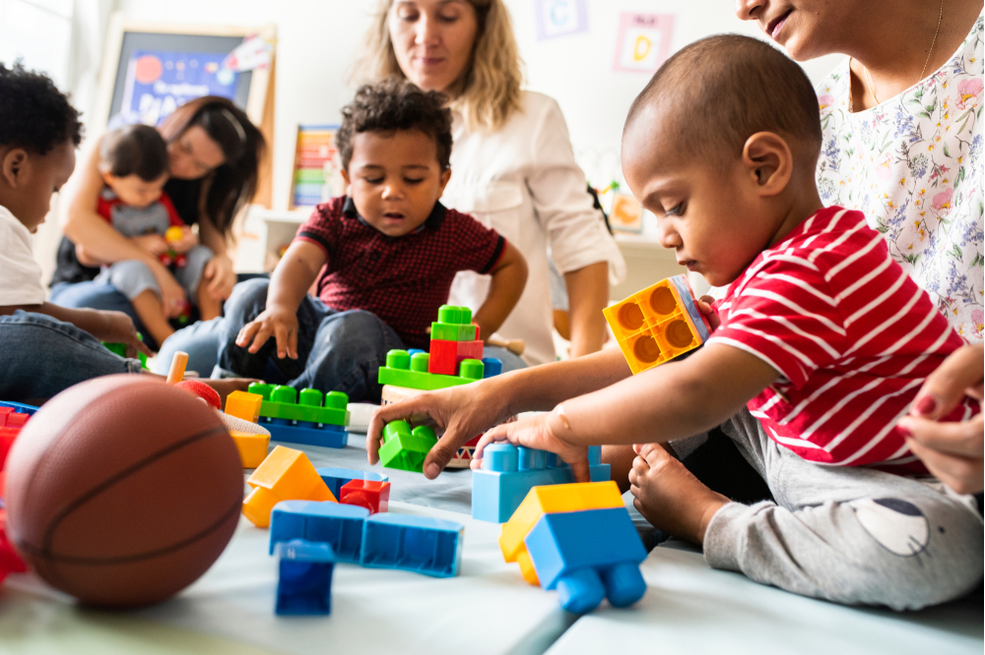Keeping Up: Behind a Foundation's Growing Push on Early Childhood Learning
/photo: ESB Professional/shutterstock
A Bay Area foundation that was a relative newbie to education philanthropy a few years ago seems to have carved out a niche for itself funding early education initiatives in Oakland. The Kenneth Rainin Foundation recently allocated $3 million to get kids in the city's school district reading at grade level by the third grade.
This grantmaker is endowed by the fortune of an entrepreneur who passed away in 2007; it last reported assets of $355 million. Kenneth Rainin's daughter, Jen, launched the foundation in 2009, and brought a keen passion for children and learning to the enterprise. Earlier in her career, she worked as a teacher and literacy specialist; she holds a doctorate in education. The foundation started seriously dedicating itself to education in 2013, and has spent the past few years exploring the space and learning the ropes. Rainin limits its education funding to Oakland schools, though it also funds inflammatory bowel disease research nationally and small to mid-sized arts organizations in the Bay Area. Lately, it’s emerged as a crusader for early education.
Early education is one of the few things that can level the playing field for poor kids, said Rainin’s director of education strategy and ventures, Susan True. This explains why the cause has become increasingly popular among funders amid growing concerns about inequality in the U.S.
While some of the longstanding funders in the field, like Kellogg and the PNC Foundation, are tackling early education at the national level, most grantmakers in this space are approaching the issue locally, like Rainin is doing in Oakland. The William Penn Foundation has projects in Philadelphia, the McCormick Foundation focuses on Chicago, the Helios Education Foundation has centered support in Arizona, and so on.
Related:
- How the Kenneth Rainin Foundation Is Stepping Up Its Game
- The Most Important Thing to Know About Early Education Funding: Think Locally
Rainin’s latest round of grants will focus on kids in kindergarten and first grade with the goal of preparing them for the rigorous literacy testing that happens in third grade. Typically, schools start to prepare students for these tests in second and third grade, but preparation should start much earlier, said True.
“What we really know from both local data and national trends is that if children are behind when they go on Christmas break of first grade, they rarely catch up,” True said. “So for example, when we look at all our high school dropouts, they were all behind when they went on Christmas break in first grade.”
As children get older, it becomes harder to catch up on literacy skills they missed earlier, True said. For a kindergartner, it takes about 20 minutes a day to learn the skills, such as identifying sounds associated with letters, that will prepare her for reading later. For a third or fourth grader, that number increases to about three to four hours a day because the other concepts a student is expected to learn at that stage are more complex, she said.
Given that, Rainin has focused much of its education funding on getting kids the right skills at the right time. The foundation examines two main indicators of success for third-grade reading levels, the focus of this project, and kindergarten readiness, the focus of several past projects. True sees this initiative as a natural progression of the foundation’s past work.
This latest grant builds on Talk Read Sing, the foundation’s push to help parents instill literacy skills at home, before kids even start school, and on SEEDS of Learning, a professional development program for pre-school and pre-kindergarten teachers.
The result is a sort of early childhood education pipeline. True described a scenario in which a child could move from a playgroup that used Talk Read Sing curriculum to a pre-K with a teacher trained through SEEDS of Learning to a kindergarten and first grade participating in this project.
This latest set of grants are seen as an important next step because kids who are ready for kindergarten may fall behind later if the teaching quality doesn’t keep up, True said. “Early childhood experience doesn’t inoculate kids against poor schooling later.”
This is why teacher development is the focus of the grants for this school year and past projects. The foundation claims to have seen good results from its past efforts. According to True, kids in classrooms that participated in SEEDS tested 30 percent higher than kids in classrooms that didn’t.
The foundation seems to like what it’s seeing enough to increase its funding in the area. True said the annual budget for education grew to $6 million from $500,000 in 2013.
Look for further expansion into other grades as this relatively new education funder gets more comfortable, though it’s unlikely the geographic focus will shift from Oakland, a city where there's plenty of room for progress. Only an estimated 42 percent of third graders in the Oakland Unified School District are reading at their grade level. A citywide initiative, Oakland Reads 2020, aims to double that percentage within the next few years.
Related:







































